Secretary of state election a contest between experience and reform

When New Hampshire lawmakers meet in Concord on Wednesday, they’ll be encountering two anomalies: The first meeting of the most closely divided House in modern history, and the first secretary of state election in 46 years where Bill Gardner is not in the running.
Gardner retired in January and appointed his longtime deputy secretary, Dave Scanlan, to head up the office until the next election. On Wednesday, Scanlan will seek to be elected by the Legislature. But he’ll face a challenger: Former state senator Melanie Levesque, a Brookline Democrat, threw her name into the ring last month after losing an attempt to win her seat back in November.
Scanlan has served as the deputy secretary of state since 2002; Levesque served as the Senate Election Law and Municipal Affairs Committee chairwoman when Democrats held the majority in 2019 and 2020. The 400-member House and 24-member Senate will vote jointly on Wednesday by secret ballot.
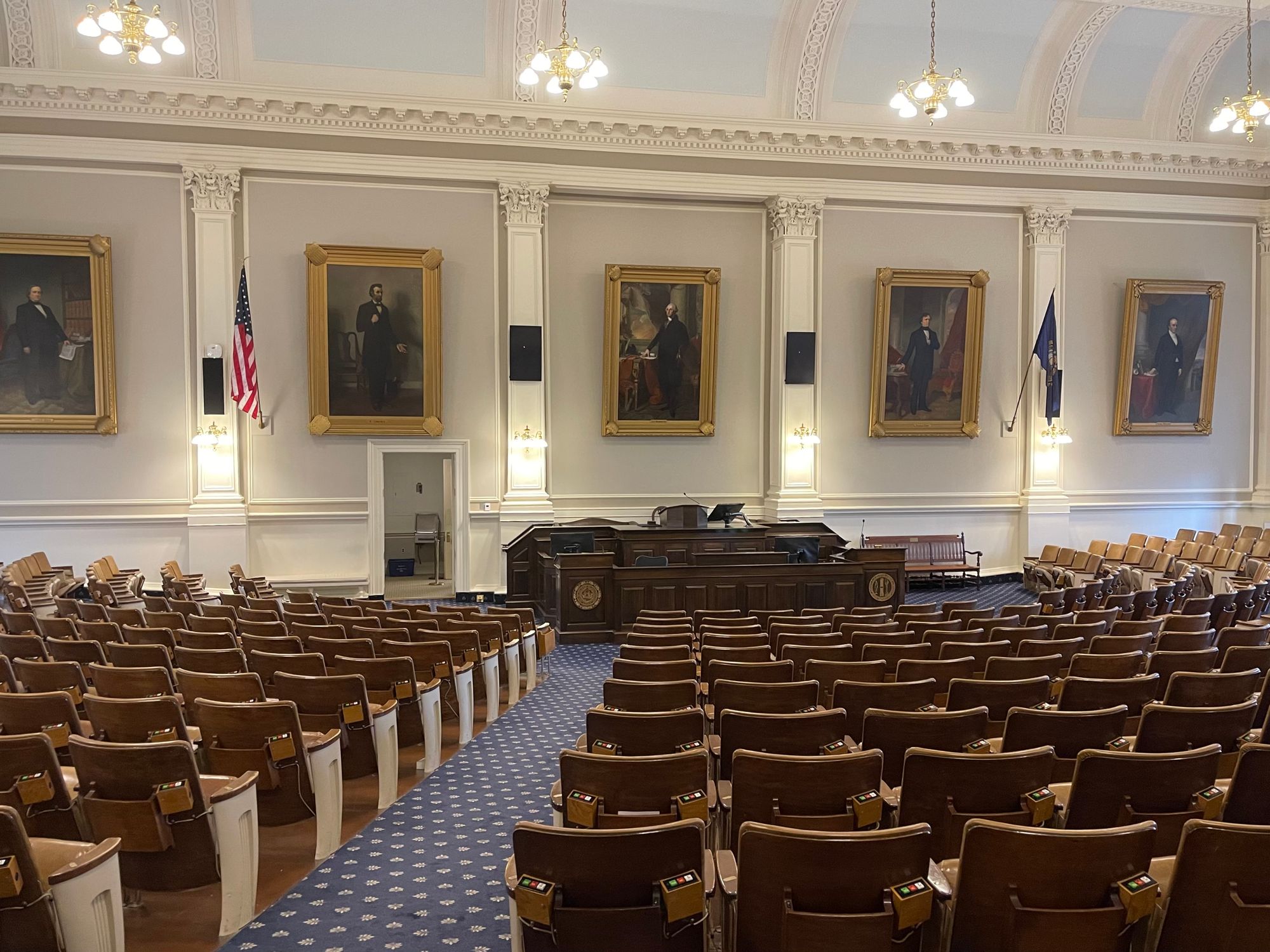
The NH Bulletin interviewed the two candidates last week. Here’s the pitch they each made for the job.
Why are you running for secretary of state?
Scanlan argues his candidacy is defined by his experience. As the second in command for 20 years under Gardner, he helped oversee 10 state elections and five presidential primaries, and he said his position in the office has given him insight into the non-election-related roles of the office, including business registration, securities oversight, vital records management, and state archives.
In the interview, he highlighted the work done with Gardner in 2020 to run the election in the middle of COVID-19, a process that involved getting emergency authorization to temporarily expand absentee voting to allow virtually anyone concerned with contracting the virus to submit an early ballot.
And he touted reforms he made to the office since taking the helm in January, including an upgrade to the state’s online database for businesses, an ongoing effort to find a vendor to modernize the state’s voter database, the creation of an “Invest Smart NH” campaign to try to reduce residents’ vulnerability to scams, and the publication of voter information in additional languages, including Spanish, French, and Mandarin.
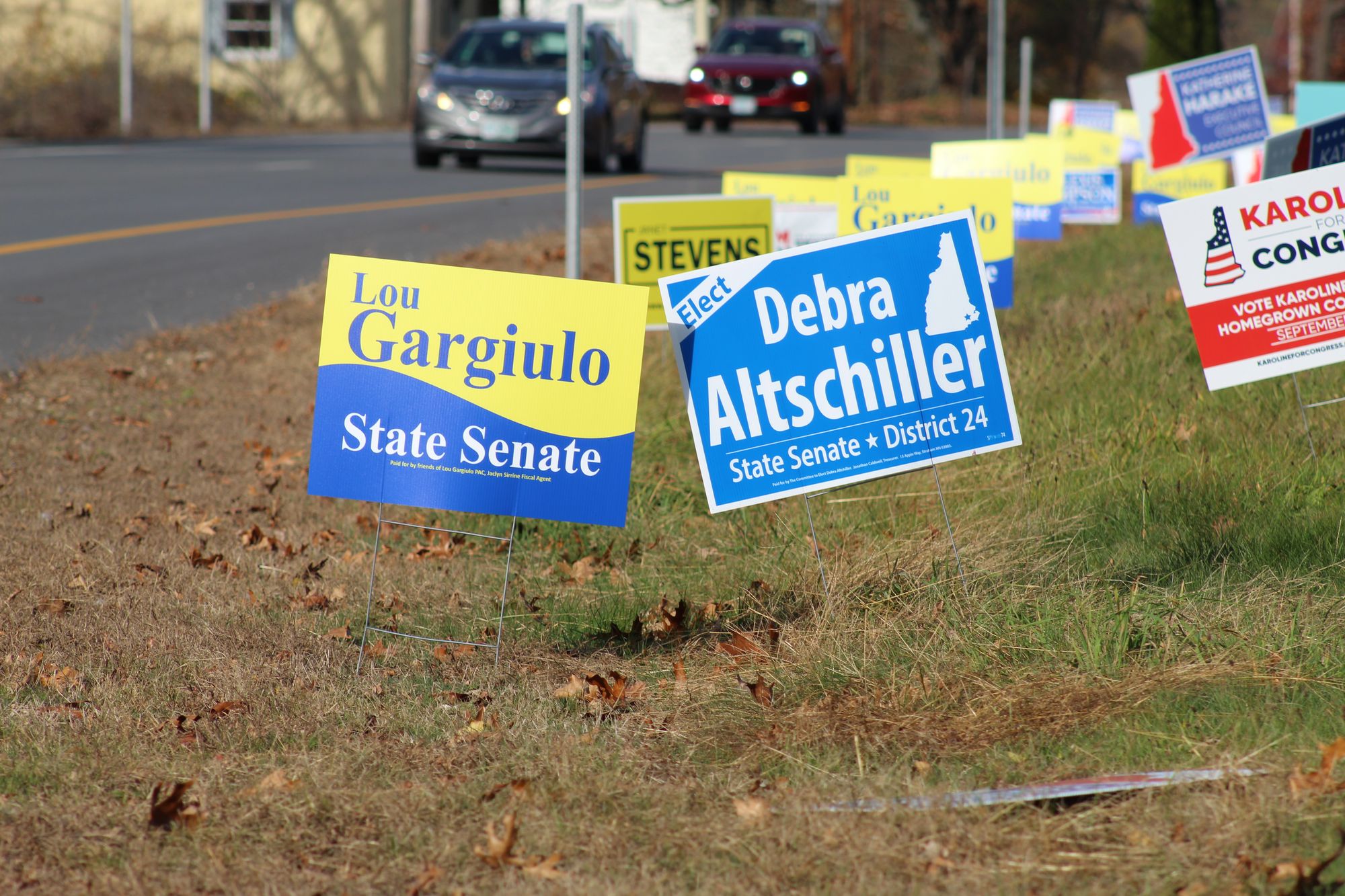
Levesque says she’s running to modernize the office herself, arguing that Gardner and Scanlan have fallen short on that task. That goal was prompted by her work chairing the election committee in the Senate, which allowed her to talk to other states’ secretaries of state and find different models.
Levesque has broad ideas for the office. She wants to upgrade the state’s ballot counting machines and enter the state into a multi-state voter verification system, the Electronic Registration Information Center (ERIC), a system that has 33 states participating to help root out duplicate voters who may be voting in multiple states. Republicans have opposed entering that program over objections to the organization’s other focuses on increased voter registration.
Levesque also wants to advocate for state legislation to introduce online voter registration for new voters and automatic voter registration for residents registering their vehicles, she says.
What should be the secretary of state’s role in legislation?
Over Gov. Chris Sununu’s six years in office, Republican lawmakers have passed a string of laws intended to tighten the process for voting, citing concerns of potential fraud. The laws have added new requirements for documents to prove a person’s domicile and identity, among other measures. Democrats have opposed the measures, arguing they are onerous and could deter or disenfranchise voters.
Levesque says she would voice opposition to those and other laws as secretary of state, and would use her office to advocate against them during the legislative process. She would speak in favor of laws to repeal the provisions and advocate for the laws that would relax restrictions on voting, such as those expanding early voting and registration. She also said she would not personally appear in court to defend any of those Republican laws from lawsuits, but would let the Department of Justice defend them instead.
But Levesque clarified that though she would advocate against such legislation, she would as secretary of state follow the laws that did pass, including the law created by Senate Bill 418, which will introduce an effective provisional ballot system starting in 2023 for voters without the proper documents at the polls.
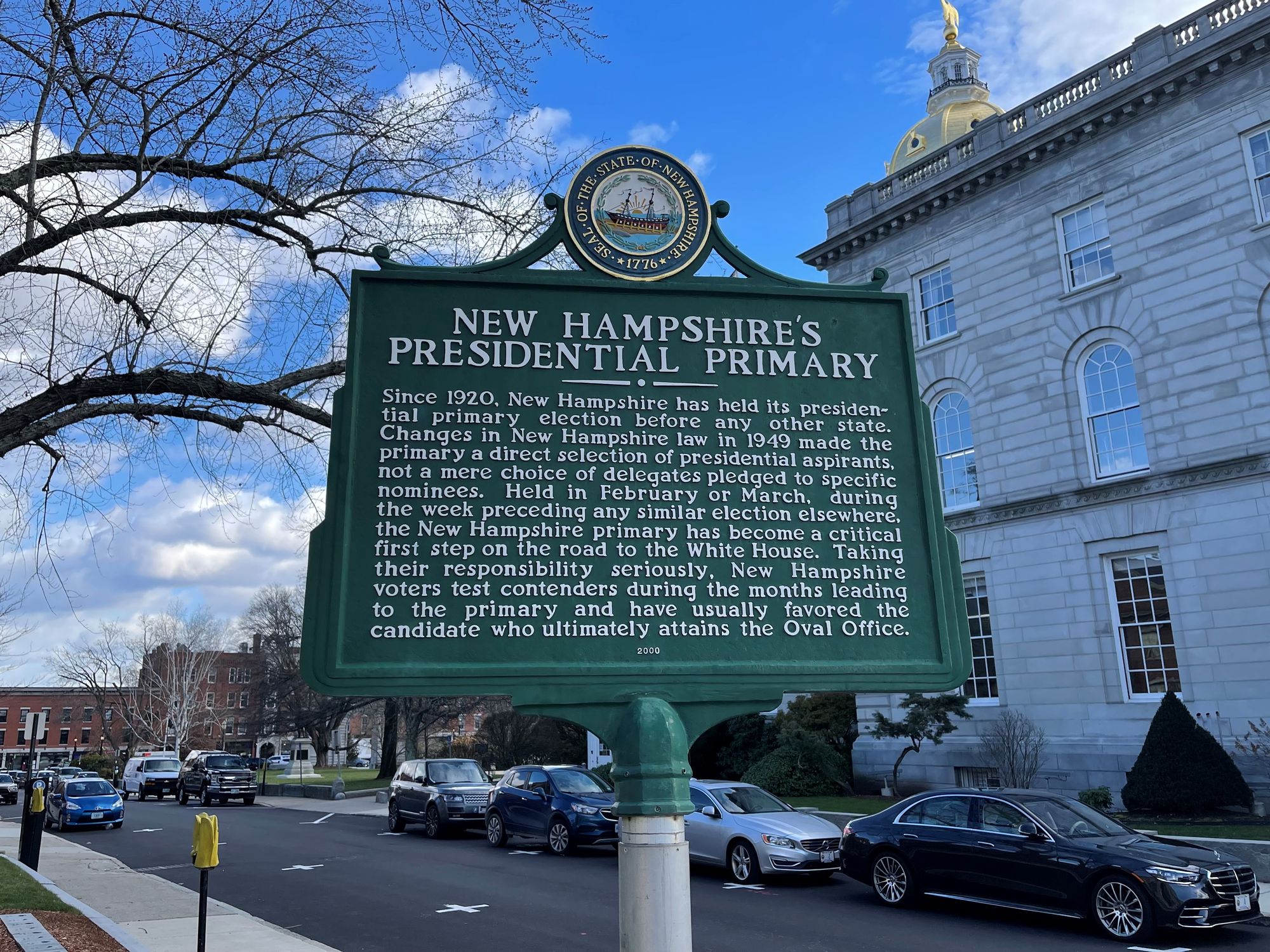
Scanlan says he believes the secretary of state should carry out the wishes of the Legislature. And he argued that none of the bills passed in recent years – one of which was partially struck down in court – have disrupted election operations. But he also says the secretary does have the responsibility to tell lawmakers if a bill would interfere with election workers’ ability to carry out the election process.
Scanlan has sometimes helped craft legislation. He and Gardner helped lawmakers workshop Senate Bill 418 as it was developed earlier this year. But Scanlan said he doesn’t have any legislative priorities or preferences for the coming session.
How would you handle election skepticism or denial?
After taking over the office this year, Scanlan created a Special Committee on Voter Confidence, which was formed to listen to New Hampshire residents’ concerns about the voting process and compile a report with recommendations.
The choice echoed a decision in 2017 by Gardner to participate in then-Vice President Mike Pence’s “voting integrity commission,” a panel designed to examine newly elected President Donald Trump’s false charges of widespread voting fraud. At that time, Gardner argued that while he knew there was no evidence of fraud in New Hampshire, he participated in order to convince others on the panel of that fact. The move spurred significant backlash from Democrats, who nearly ousted Gardner a year later when they took back the Legislature.
But Scanlan says he agrees with Gardner’s inclusive approach. When dealing with voters who have criticized elections in the state, the Secretary of State’s Office should work to include them in the conversation in order to build long-term confidence rather than alienate them, he said.
“It’s critically important that we have a dialogue about where we’re at, what people were thinking, (and) how do we address those concerns,” he said.
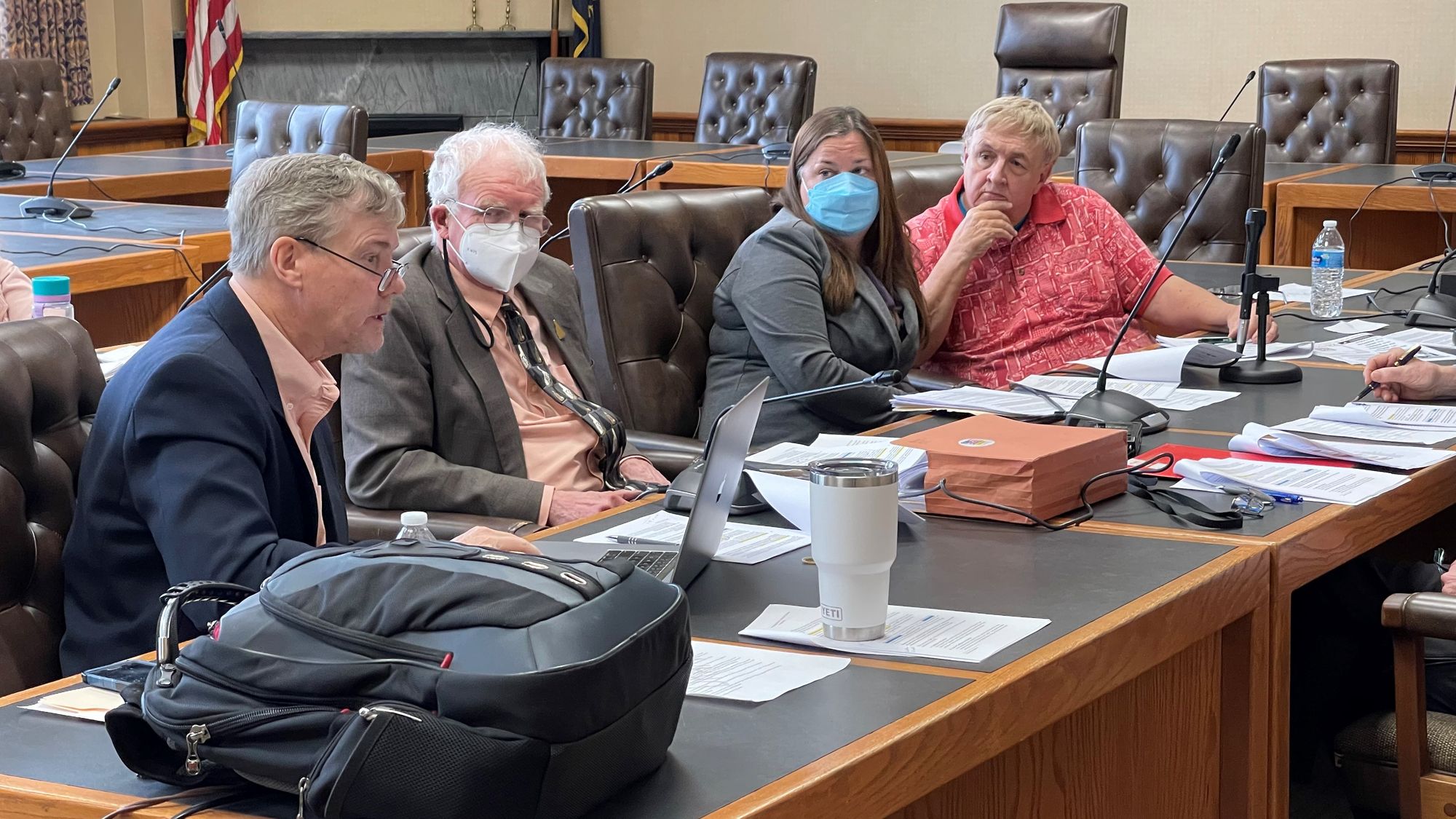
Levesque disagrees. In a letter to lawmakers shared with the Bulletin, she attacked Scanlan’s decision to include a person on the committee who had waged false claims of voter fraud in the 2020 election. “While the committee works through its recommendations it is clear they will be, in some way, advancing conspiracy theories that have caused the declining confidence to begin with,” she said.
In her interview, Levesque said the better approach was to be transparent about how the elections are run and to encourage more people to participate so they see the process up close.
What would you do to protect the New Hampshire presidential primary?
In the face of a serious challenge to New Hampshire’s first-in-the-nation presidential primary, both secretary of state candidates say that they would follow New Hampshire’s state law and hold the state’s primary before any other state’s – regardless of what the DNC decides.
But both candidates also said it was too early to speak about what strategy they would use in office to work with other states and keep New Hampshire’s spot first.
“As secretary of state, I would be fighting for a unified primary – for New Hampshire going first,” Levesque said. “I can’t tell you how. The strategy will be figured out when I am in that role, and when it occurs.”
Scanlan said it’s “too early to tell exactly how we’re going to react. But with patience and vigilance and observation, the picture will become clearer as we get well into next year.”
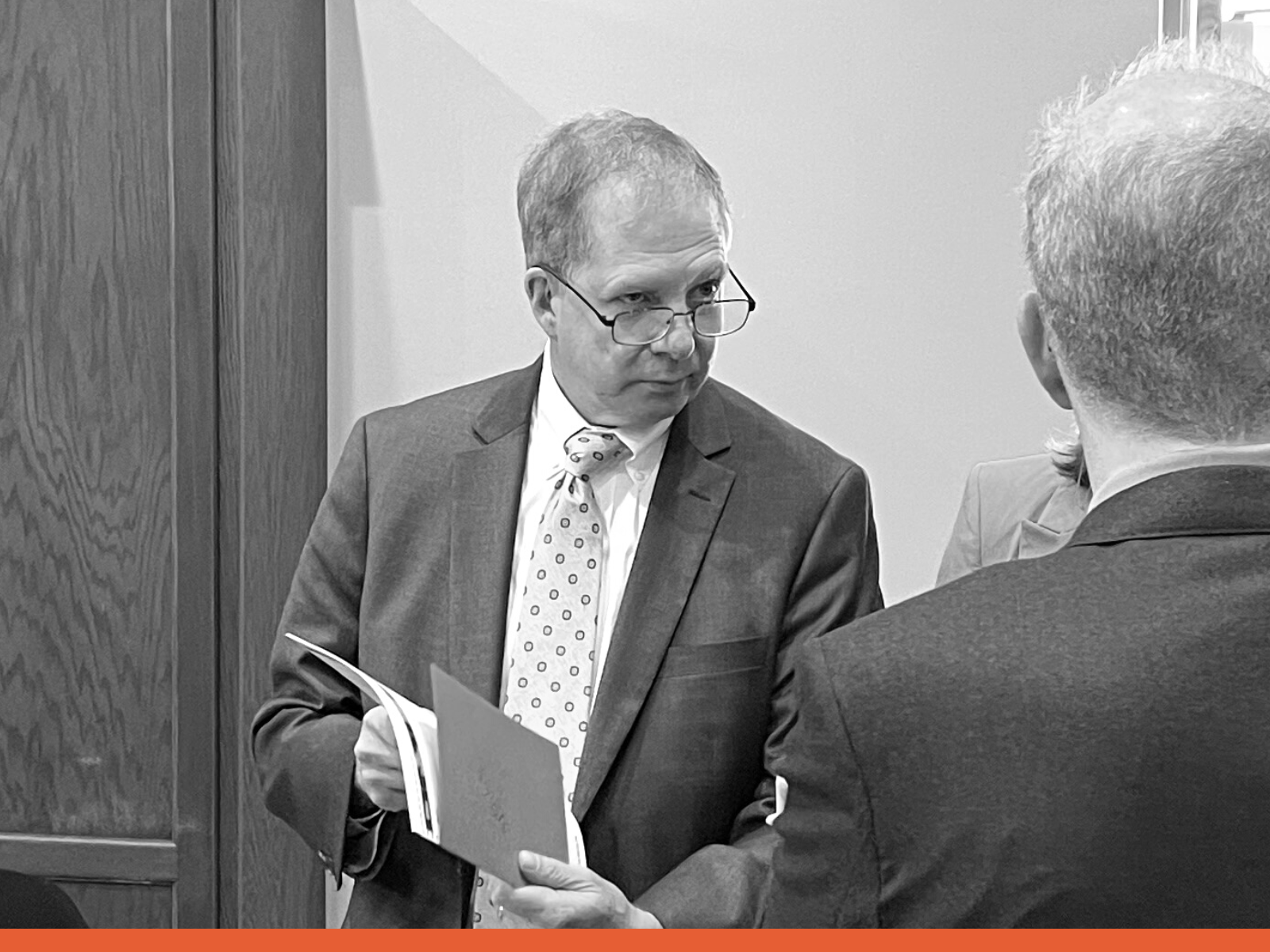
This story was produced by the editorially independent New Hampshire Bulletin, which is part of States Newsroom. Contact Editor Dana Wormald for questions: info@newhampshirebulletin.com.
